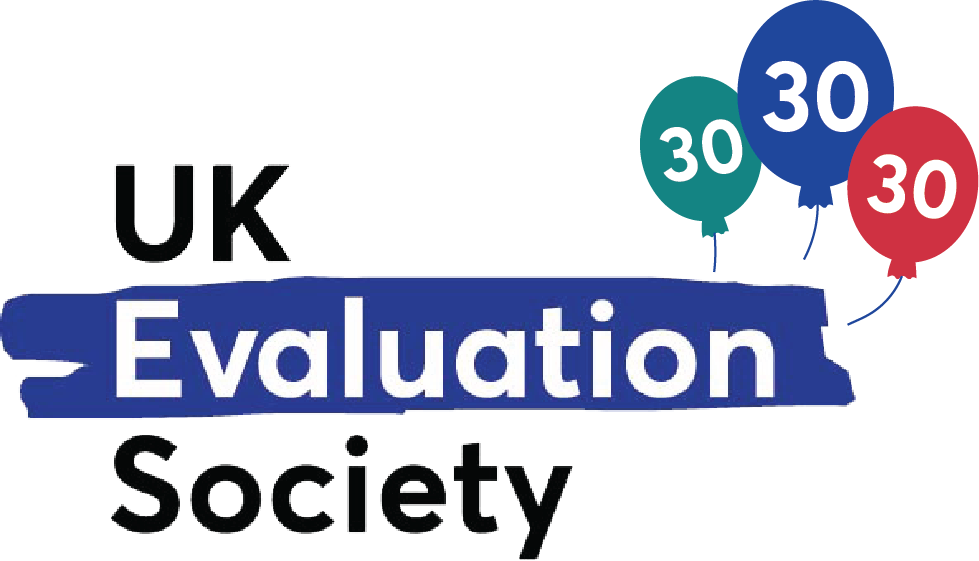Careers in evaluation
Evaluation careers exist in many different disciplines, a wide variety of methodological fields, subjects, occupations and sectors
Many public programmes have to be evaluated as a condition of their funding and activities in the private and not-for-profit sectors are evaluated as well, to inform shareholders and boards of trustees and to meet legal obligations.
Evaluators work in a variety of professions, backgrounds, work settings and sectors. For example, social sciences (e.g. psychology, sociology, anthropology, economics); applied sciences such as medicine and engineering; and other fields as diverse as education, health, employment / labour market, public policy, transport, agriculture, and international development.
Government evaluation careers
Many government departments have roles for evaluation specialists. Their primary function will often be to plan, commission and manage evaluations. The UK Evaluation Society Guidelines for Good Practice emphasise that evaluations should be independent, so the studies are rarely conducted by government departments themselves. One exception is the National Audit Office in the UK, which undertakes a wide range of evaluations as part of its function.
For further information, relevant websites in the UK include:
Consultancy careers in evaluation
Demand for independent evaluation has stimulated the advance of the evaluation consultancy sector. Private companies work across a wide range of sectors and can build teams to tackle larger assignments, so they can offer diverse opportunities for less experienced evaluators to grow skills and experience. Working in evaluation agencies often requires evaluators to develop their wider business skills including project management, budget management, proposal writing and business growth.
In addition, a large number of UK Evaluation Society members are experienced evaluators who work as freelance independent consultants.
Evaluation in academic and learning institutions
The UK Evaluation Society has strong representation among researchers and educators in the UK and overseas investigating the purpose, application and concepts affecting contemporary evaluation practice. Scanning evaluation literature sources provides further information on the range of topics and areas of interest, including through Evaluation: The International Journal of Theory, Research and Practice.
Universities are host institutions for evaluators working for other purposes too, for example, teams employed to evaluate widening participation and research impact.
Evaluation careers in other organisations
Organisations such as charities, trade-related bodies, grant-funders and philanthropic groups commission evaluations to assess their performance in meeting objectives and to learn from experience. Some have dedicated teams to manage this work, either by conducting evaluations in-house by themselves, by commissioning others, or both.
International careers in evaluation
Funds and programmes of the United Nations, international financial institutions such as the World Bank, and regional trading blocs like the European Union have developed extensive programmes and procedures for evaluation of their work, especially in the areas of regional and international development.
Evaluation is promoted by these international organisations for a variety of purposes such as accountability, learning, evidence-based policy making and strategic decision making as well as assessment, management and monitoring of implementation and delivery. Employment at these organisations can offer comprehensive career pathways and staff development opportunities. Recruitment of evaluators is usually open to citizens of the organisations’ member countries.
For further information, relevant websites include:
In parallel, voluntary organisations for professional evaluation (VOPEs) exist in many countries and locales around the world offering networking, training and forums. They represent an excellent starting point for evaluators interested in learning more about professional development opportunities outside of the UK. The UK Evaluation Society is a member of the International Organization for Cooperation in Evaluation (IOCE).
How do I get started on a career in evaluation?
Evaluators have different levels of evaluation-related experience, ranging from young (entry-level) and emerging evaluators (YEEs) with typically up to three years of experience, to mid-level and advanced practitioners and/or senior experts in evaluation.
The UK Evaluation Society advertises job opportunities across a range of grades and experience requirements. The UK Evaluation Society also has a YEE working group who are available to answer questions and support those who are new to evaluation, along with the full range of benefits available through membership, including a student membership package.
Other international evaluation societies have dedicated pages for job opportunities, plus there are a number of mentoring programmes targeted at YEEs such as the EvalYouth International Mentoring Programme and the International Development Evaluation Association (IDEAS)’s mentoring programme for emerging evaluators.
